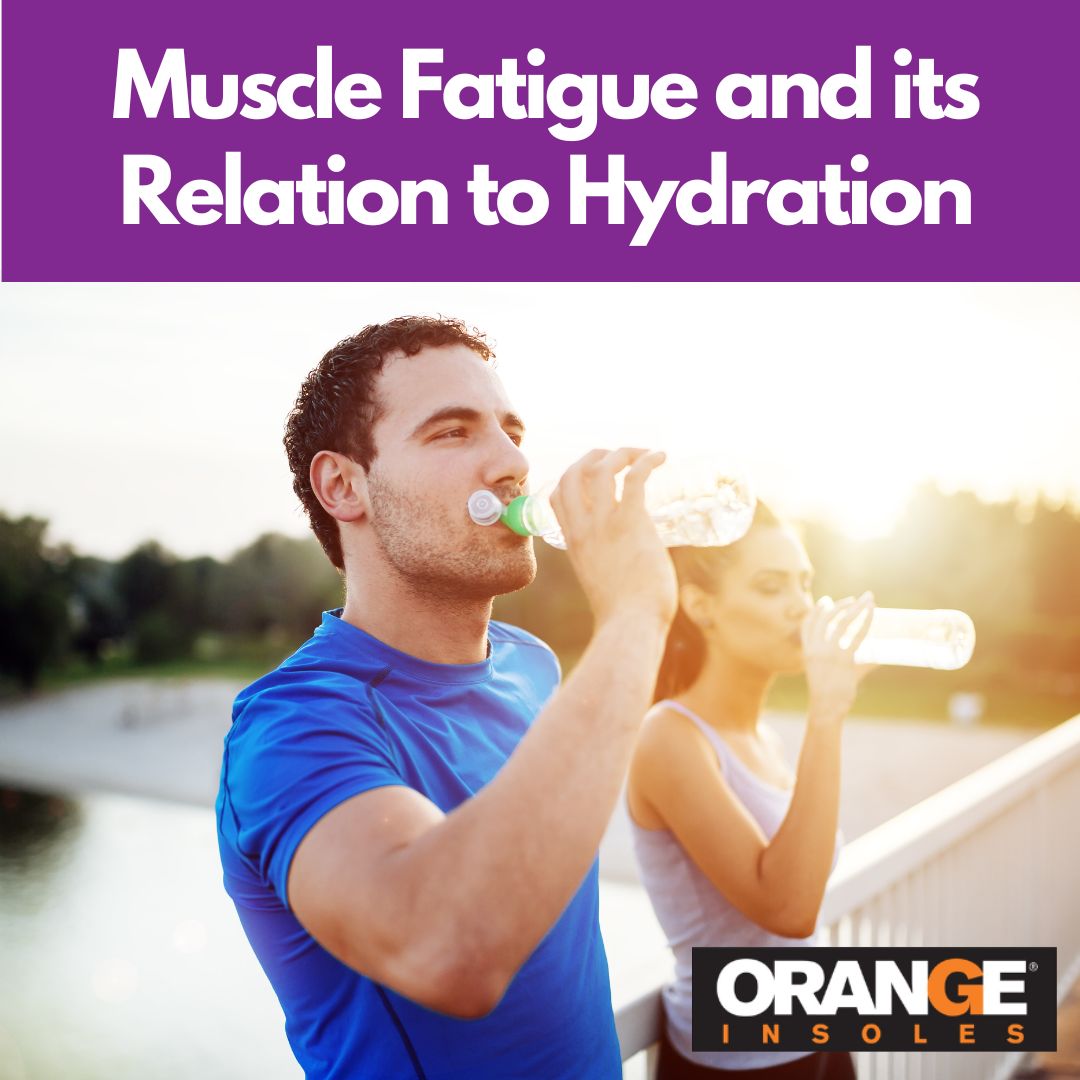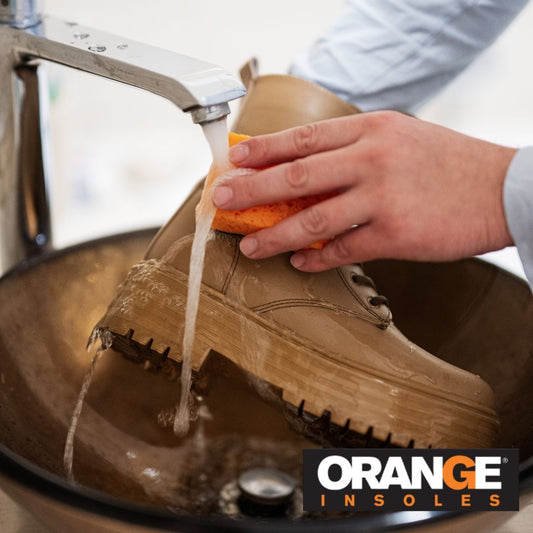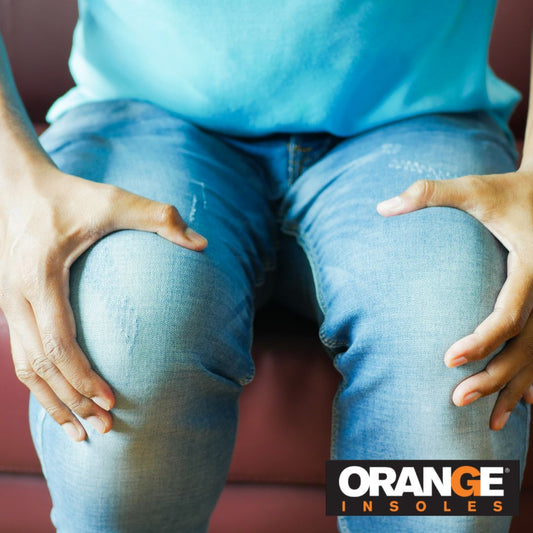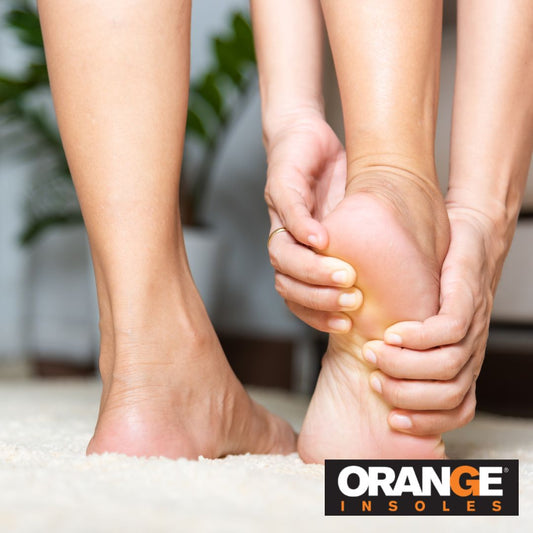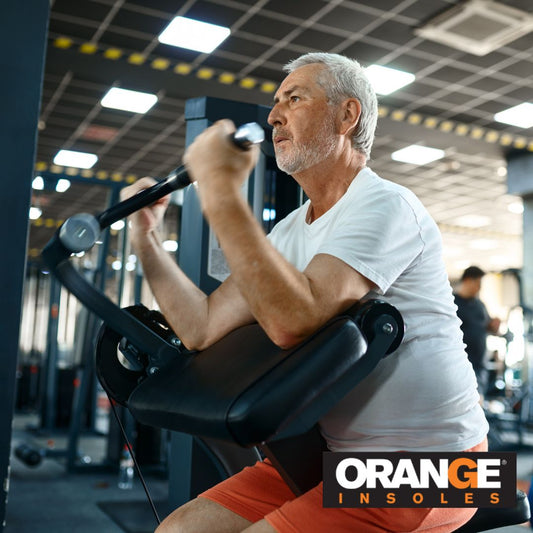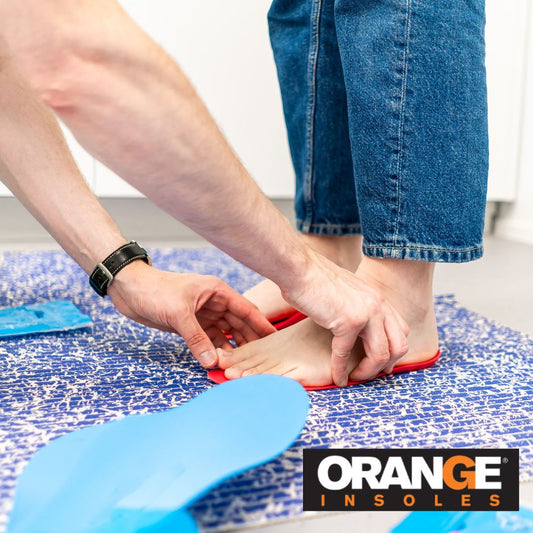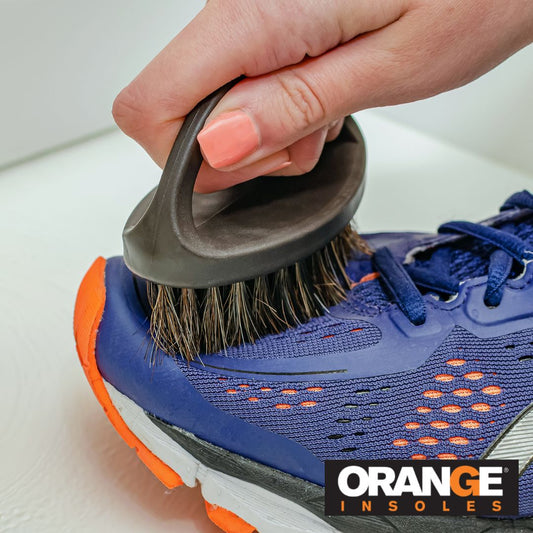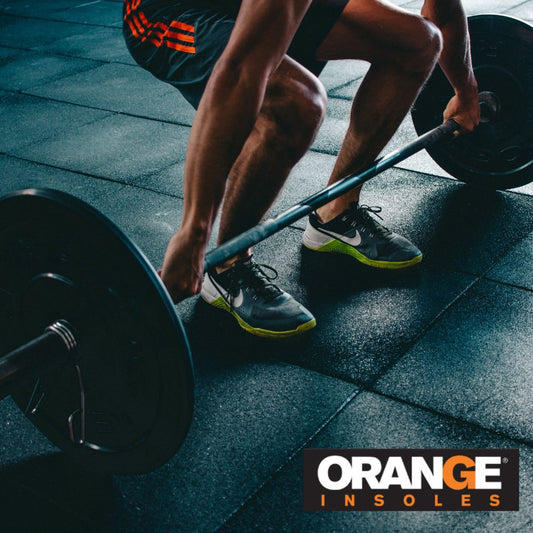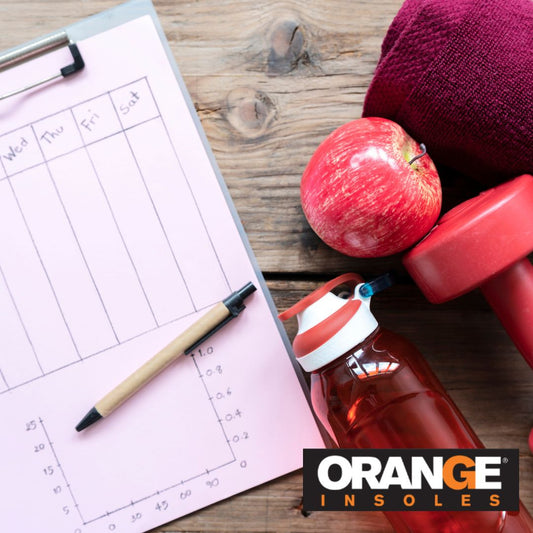If you’ve ever noticed that a particular workout seems harder one day than another, it might not be just because you’re tired. You might be dehydrated.
When you’re dehydrated you don’t just risk fatigue or headaches. Hydration is important when it comes to general health but also for muscle fatigue and athletic performance. If you don’t drink enough water to lubricate your joints and fuel your muscles, you’ll feel it. So let’s take a look at the impact dehydration has on your muscles so you can feel better and do more!
How Does Hydration Impact Your Muscles
Electrolytes: Electrolytes are essential for nerve conduction and muscle contractions. Staying hydrated ensures that your body maintains a balance of electrolytes that impact muscle function like sodium, potassium, magnesium, and calcium. When electrolyte levels are imbalanced, it can lead to impaired muscle function and cramping.
Blood Flow: When you’re not getting enough water, the amount of blood moving through your body decreases. Since blood carries oxygen and nutrients to your muscles, muscle performance suffers when you’re dehydrated. Blood carries fuel to the muscles and helps reduce the buildup of waste products like lactic acid, leaving your muscles feeling fatigued.
Read more: Insoles & Circulation
Energy Production: When fully hydrated, the body converts carbohydrates and fats into energy to fuel for your muscles. Dehydration slows these processes by saving and storing energy for other vital functions in the body.
Nervous System Function: When you’re dehydrated your whole nervous system can suffer. A lack of water can lead to an impaired nervous system resulting in reduced coordination, reaction times, and concentration. This means below average muscle recruitment and increased perception of muscle fatigue during exercise.
How Do Your Muscles Feel When You’re Dehydrated?
When you’re dehydrated and try to exercise or engage in physical activity, you might notice the following sensations in your muscles:
- Stiffness and inflexibility due to decreased joint lubrication
- Cramping due to electrolyte imbalance including a lack of potassium
- Muscle twitching
- Lower endurance
- Fatigue both in your body and in your muscles
Read more: How Insoles Can reduce Muscle Fatigue
You might also experience an increased heart rate as your heart has to work harder to pump blood to your muscles and organs. Your body will send blood to the most vital organs first, leaving certain muscles feeling fatigued.
How Much Water Do Our Muscles Need?
The amount of water we need to keep our muscles performing at their best will depend based on various factors like:
- Body size
- Activity level
- Climate/temperature
- Overall health
General guidelines recommend shooting for 0.5 to 1 ounce (15 to 30 milliliters) of water per pound of body weight per day. For example, if you weigh 150 pounds, you would need approximately 75 to 150 ounces (2.2 to 4.4 liters) of water daily. But, there has been debate lately over exactly how much water we need and the newest recommendations say to drink when you’re thirsty. Our bodies will tell us when we need water, we just need to listen.
Keep in mind that when you exercise, your body loses fluids through sweat so you’ll need to drink more water. The American College of Sports Medicine's (ACSM) recommendation for endurance athletes is to consume 5 – 7 ml water per kilogram body weight in the four hours before exercise.
The amount of water you need to drink definitely varies so just be sure to listen to your body and watch your urine…yes, your pee. A pale yellow is best so if it’s too dark, grab a glass of water.
The best thing you can do for your muscles is to stay hydrated throughout the day, not just when you exercise. Listen to your body and drink when you’re thirsty - especially before and after a hard workout.
SHOP for INSOLES



